You might have seen them on television, read about them in a magazine, or even know one or two (online); people who are always (trying to be) prepared for everything. From nuclear fallout to hurricane season and from governmental collapse to riots and plundering: there’s a way to prepare for everything… and some are more prepared than others. The super prepared ones often call themselves preppers or survivalists – we mostly know the extreme cases from (sometimes interesting, sometimes entertaining) TV shows.
Now while I wouldn’t claim to be a knowledgeable prepper or to be ready for the Zombie Apocalypse, there are certain types of emergencies I like to be prepared for at any time. My dear husband (who I call “DIY man in the blog) used to make fun of me for it… but not this time.
This is the story of one of those things I like to be prepared for: a devastating fire just across the road from our finca (farmland in Spain), on the 4th of August, 2017; an emergency evacuation that didn’t go quite right; and friends and neighbours coming to the rescue.
(if you don’t want the whole story and just want to know about what we actually learned from the fire & how we set up our emergency plan, do scroll down to the bottom!)
Where’s the Fire?
I thought I had secured some uninterrupted working time – DIY-man just drove out on an errand to the local village, and all of our guests were out swimming or hiking so this was my moment – an hour of blissful me-time, just me and my computer (and a dog snoring loudly to my side). It was 18:07 exactly. And that’s when I got the phone call:
“Look out the window”.
And this was what I saw.
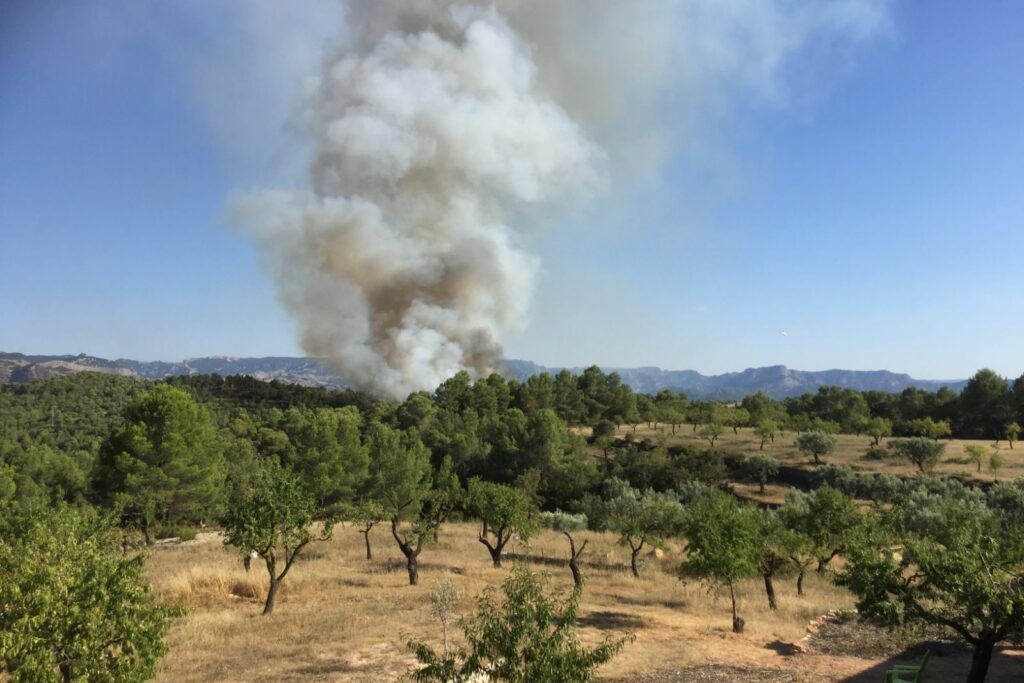
Fire – lots of smoke and the occasional flame, in what seemed to be the pine forest next to our property.
The Previous Forest Fire (In July)
Words can’t describe what I felt at that moment; just two weeks earlier, a local rural home (and fellow bed & breakfast) had been completely devastated by a similar fire – along with about 7 hectares (20 acres) of forest. It left a family with two young children with nothing but the clothes on their back… they hadn’t been home when it happened, so they didn’t even have the time to grab any belongings.
Although that fire wasn’t too far away from us, the wind was blowing the other way – so after a first fright, we felt safe enough to offer accommodation for the night to other neighbours that couldn’t stay at their homes because of the smoke (and the risk of fire spreading).
However horrible that experience, it had given me the opportunity to practice our “emergency getaway plan”. I’ve kept a backpack ready for “emergencies” for a while; I imagined an accident happening (if DIY-man fell out of a tree, I’d grab the backpack and drive him to the hospital – no preparations needed), or maybe something happening with my family back home.
A forest fire can not only be devastating, but it’s also incredibly fast; there is usually no time to pack and look for your favourite pyjamas and old photographs. It’s “grab and go”.
The Perfect Emergency Evacuation Plan
Back to that 4th of August, and the big column of smoke rising from what seemed like the pine forest right next to our almond field. Grabbing and going was what I did: before DIY-man was back from the village, I had the emergency backpack waiting, a box with important paperwork, and had even filled an extra bag with shoes, water and snacks. If our house burned down, at least we’d still have our shoes, right? (I’m not sure what I was thinking there – but to this day, I can’t think of anything more sensible I should have put in that bag).
We loaded the stuff into the car in a matter of seconds and debated whether we’d load up the alpacas now (the trailer was waiting next to their pasture). DIY-man hadn’t actually seen any fire close to our finca from the track, so he decided to drive back and take a good look. We might not need to evacuate after all.
That’s when disaster struck – as DIY-man was driving down, a neighbour drove up that same track to make sure we were ok and offer his help if needed… Both were probably driving a little faster than they should have, and both cars met in a devastating crash.
DIY-man managed to drive our car back up the track – now with an extra passenger, our German friend-with-a-probably-broken-hand whose car would not start after the crash. From our point of view, the fire was quite close to our land – so we loaded up the dogs and cats, and I opened up the chicken run so my chickies would be able to escape in case of fire.
And then… nothing.
The car wouldn’t start.
Emergency Evacuation: Plan B
DIY-man got on the phone with the wonderful lady at the local town hall, who was already coordinating firefighters, police and other worried locals. Did she know anybody who could tow our trailer with alpacas out of there?
We realised that if we were going to get out, it was going to be on foot. I had already gotten dozens of phone calls since it all started, all from friends and neighbours checking if we were ok; some offered to help us out, and others told us they had tried getting to our land but couldn’t get through. We didn’t think any of them would get here in time, as the fire seemed pretty closeby (just at the border of our finca).
We took a few moments to close all the doors and windows in the house (following the advice of our German neighbour). Believe me, you KNOW you’re in an emergency situation when there’s a tall German man running through your house shouting “Close the windows! Quick! We gotta go! We gotta run! Close the windows! Faster!”. (take some time to let that image sink in)
Guests, Neighbours And Friends To The Rescue
Then unexpected help turned up in the form of our Dutch guests, who were staying in the Maset that week (two terraces down from our house). They were just planning on grabbing their passports and camera, but ended up with a full car – their trunk full of camping gear, a giant dog and our emergency packs on the back seat and a very old cat-in-a-carrier stuck in between.
As they drove off, we ran back to the alpaca pasture. At that moment, we thought the best idea was to let the alpacas loose and herd them down the track towards the village (and away from the fire); surely, some farmer would have a way to help us, either with a barn or stable to keep them overnight, or maybe a way to transport them to other friends whom we knew would have suitable accommodations for them.
And that’s when the odds turned in our favour, and God or Karma (or whatever you believe makes the world go ‘round) came to our rescue. In a matter of minutes, two cars and a tractor turned up, offering help.
I was so glad for the alpaca workshop we did at AlpacaTrax in Cantabria, where we learned how to lead and catch unwilling alpacas; ours are scared of humans on a good day, and were downright terrified of all the things happening on our usually-so-tranquil little farm. Still, we were able to load all four of them into the trailer, and drove down the track, towards the road.
Safe And Sound – And Waiting
To my surprise, I realised there that the fire was not in the forest right next to our almond field, as we had thought all along – the firefighters were working hard to keep it contained to the other side of the road, where the Ermita (rural chapel) was, and several families lived as well. We checked in with them and the women and children had all been evacuated, while the men worked together against time to cut down trees and prevent the fire to reach their dwellings.
Down at the road, we met up with others involved – our Dutch guests who were caring for our big Swissy farm dog, the owners of the vineyards and olive fields around our finca, local farmers and a team of city firefighters from the local city of Alcañiz, who had been assigned to making sure the people living on our side of the valley were safe. Check!
The moment I had first seen the smoke seemed like half a day ago – in reality, less than an hour had passed.
From then on, we waited. Well, not exactly waited – we kept ourselves busy with making arrangements (finding a place for our guests to stay if we weren’t allowed back into the house tonight, finding a car to borrow until after the weekend, getting everybody more water and (why not) potato chips and homemade bread and cake (leftovers from that morning’s breakfast). And in between it all, we checked on our friends who lived at the “wrong” side of the road – and thankfully found out that they were all safe (albeit quite shaken).
The friend who helped us drive the alpacas down went back home, while others took off to the hospital in Alcañiz (and took our German neighbour with them). Soon, we found ourselves alone with our Dutch guests (they weren’t planning on going anywhere) and waiting…
There was almost no wind on that day, and 26 (!) teams of firefighters had found their way to our tiny little valley. Five helicopters and an aeroplane were dumping sand and water on the hill (a few of the local farmers were still a bit grumpy weeks later about their empty water reserves in the heat of summer), and soon the fire was under control.
We got the green light to go back to our house only a few hours later, just as it started to get dark. We were fortunate the wind was blowing in the right direction and there was no direct danger to our home or property.
A friend turned up with a car we could borrow for the weekend, the chickens (who we had let loose when we left) already got back to the coop, and we spent some time having a drink on the terrace and welcoming back the guests to our B&B, who had missed all of the excitement….
Lessons we Learned From the Fire And Emergency Evacuation
The weirdest thing about being back home? Apart from a strong smell of smoke that lasted for days and the sound of firefighters cutting down trees to make sure the fire wouldn’t spread (day and night), there was no sign of anything ever being wrong. The alpacas were back in their pasture in a flash, it just took me shaking the food bowl for all the chickens to get back to the coop, my laundry was still hanging outside and the dishwasher was all clean and ready to be unloaded.
For me though, a lot of things changed – mostly in my head. I learned so much from it… here are a few of the most important ones:
- We have an amazing community – it’s something we may not always think of when we move off the grid and to the middle of nowhere (most lilterature focusses on finding the perfect piece of land with water and the right sun orientation), but our community is worth its price in gold. From the farmer who took his tractor up to our land to the people offering us a place to stay for the night – and the friends who helped us get our alpacas into safety (and back home)… And let’s not forget the family who just lent us our car for the weekend, no questions asked (they earned themselves a lifelong discount on home baked bread!). Everybody was just there for us.
- If our community is worth its weight in gold, then good friends are worth theirs in platinum. With diamonds incrusted.
- Speaking of friends – I believe all the positive energy from all these people rooting for us did a lot of good. Some prayed, other burned candles; again, even far away, everybody was still right there with us. All while this was happening, I never panicked or despaired; if anything, I felt loved and blessed that things didn’t go terribly wrong and nobody got seriously injured.
- We had a great practice run at a “getaway plan”… and found ours was actually quite sound. It needs a bit of tweaking: an emergency is not the time to go looking for halters for the ‘pacas! – and it’s no good having gallons of water, if there is no bucket for the animals to drink out of. But all in all, we know we can get out of the house (with two dogs and a cat) in a matter of minutes – and get the alpacas out quickly as well. Have you got a getaway plan? I am writing a set of guidelines for everybody to make up their own plan – for whatever kind of emergency (fire, flood, hurricane or anything else). Keep an eye on this page for it!
- Even the most perfect of getaway plans always needs a plan B. And probably a plan C and plan D as well!
- I’m also very happy with my emergency getaway bag. Again, another post for another time. I go through my getaway bag about once a month, to make sure everything gets aired (and no mice found a new home in my cosy blanket, you never know); that’s also when I change some seasonal items. You don’t need the same things to survive on a 100 degrees summer day as in the middle of winter.
The firefighters might just have been doing their jobs… but to me, they’re superheroes.
Edit: after publishing this post, several people got in touch with me asking about my getaway bag. It’s definitely a post for another day; in the meantime, find some information from the US government about packing your emergency kit. I have to add my bag has pretty different contents… and probably weighs a lot less 🙂 But as I say, a post for another day.

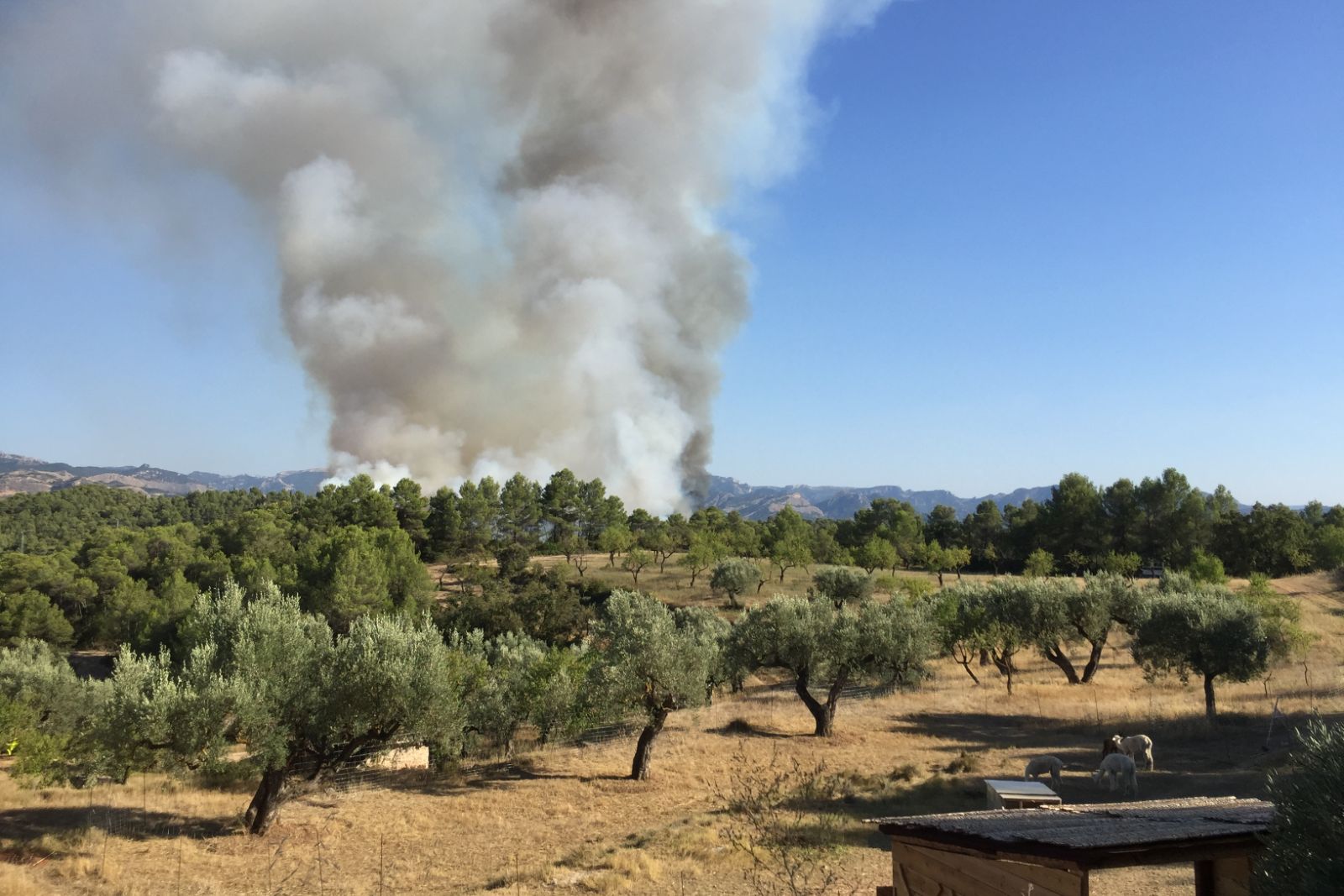
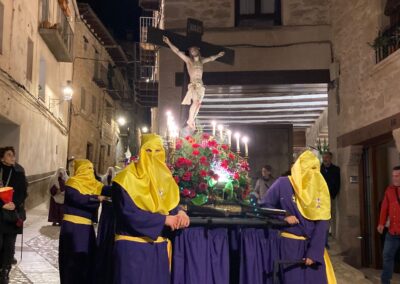
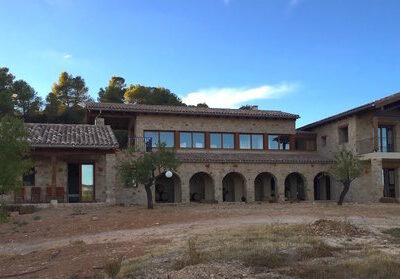
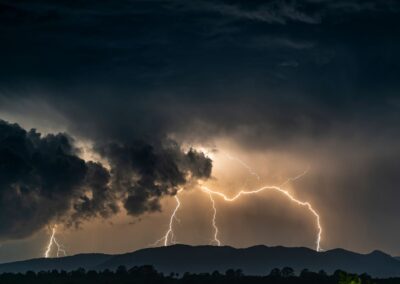
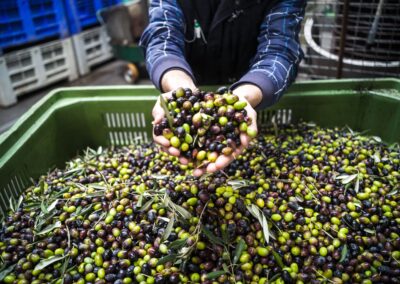
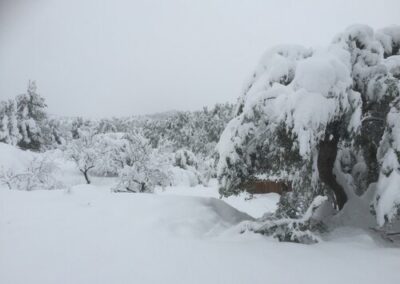
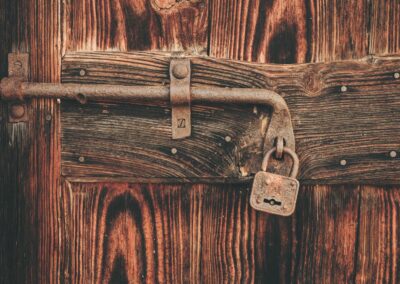
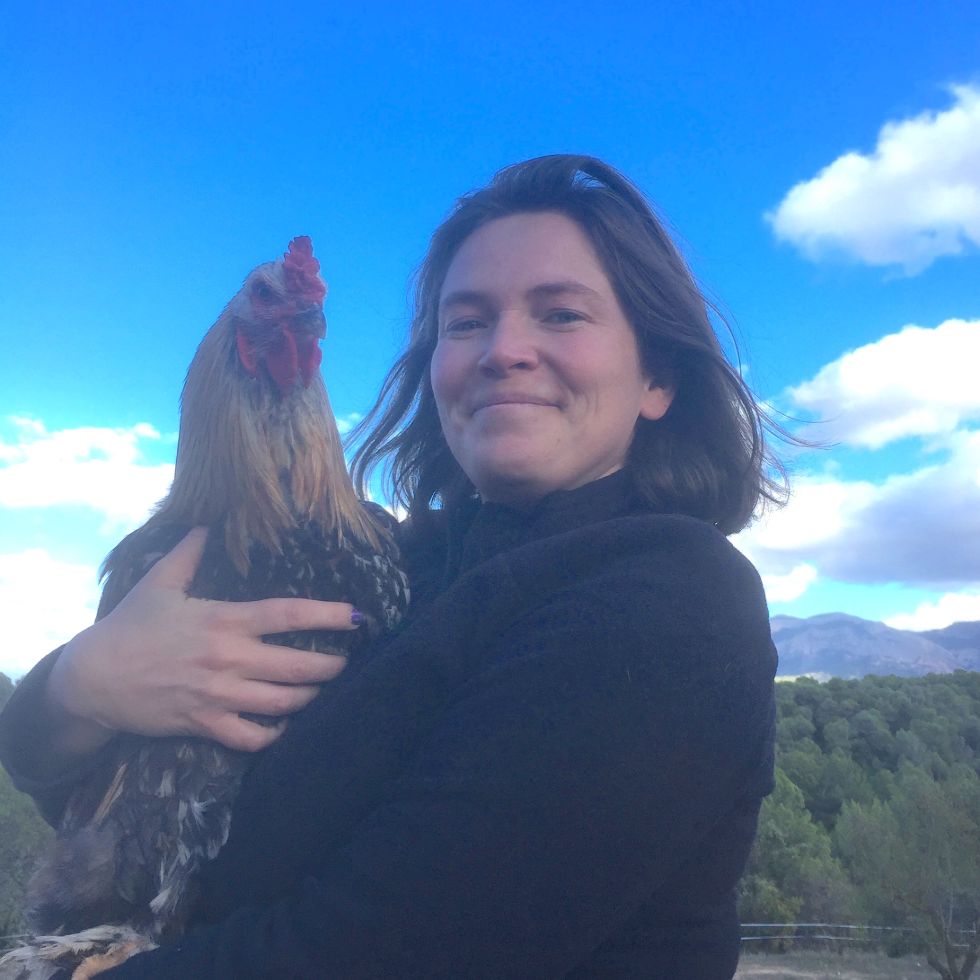
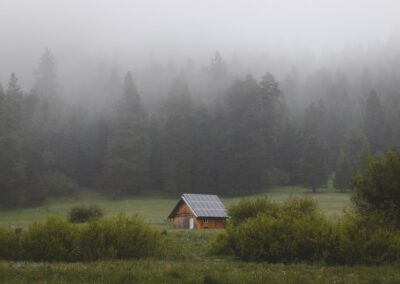
0 Comments